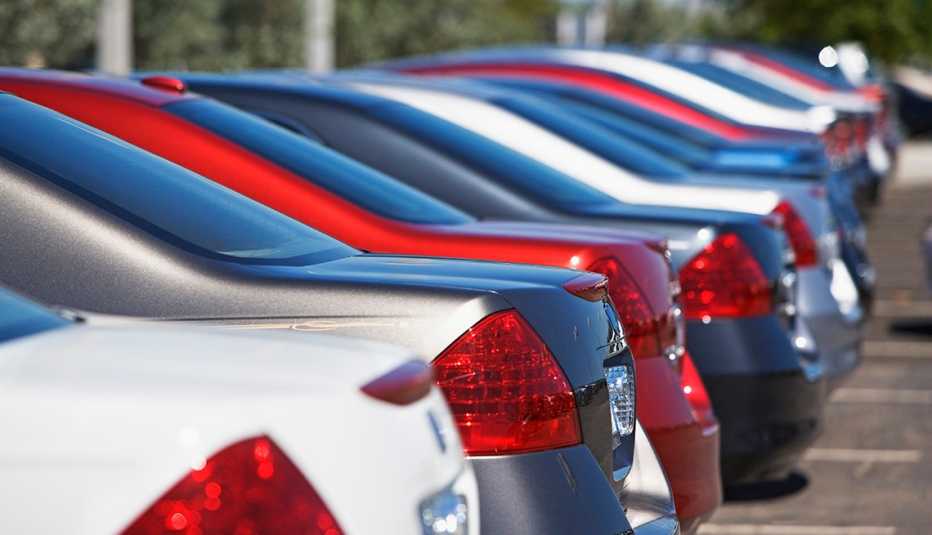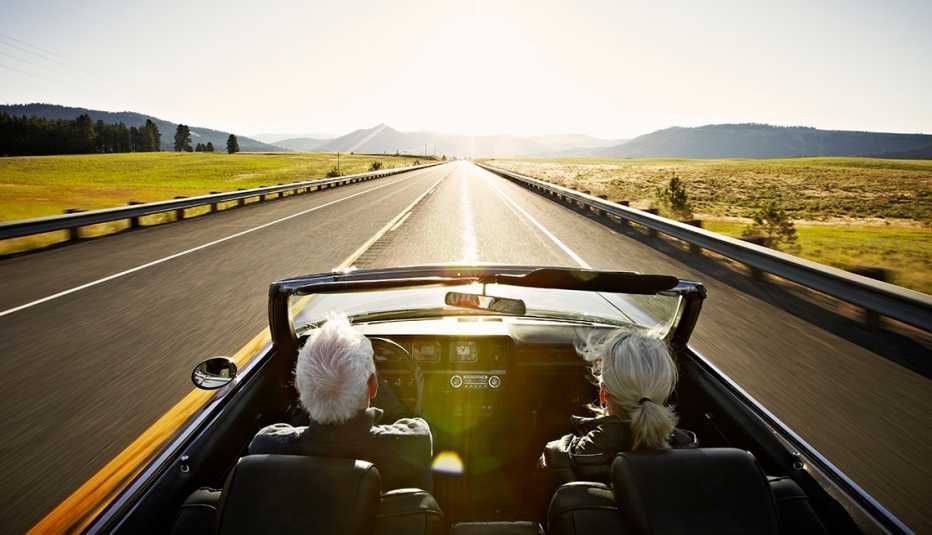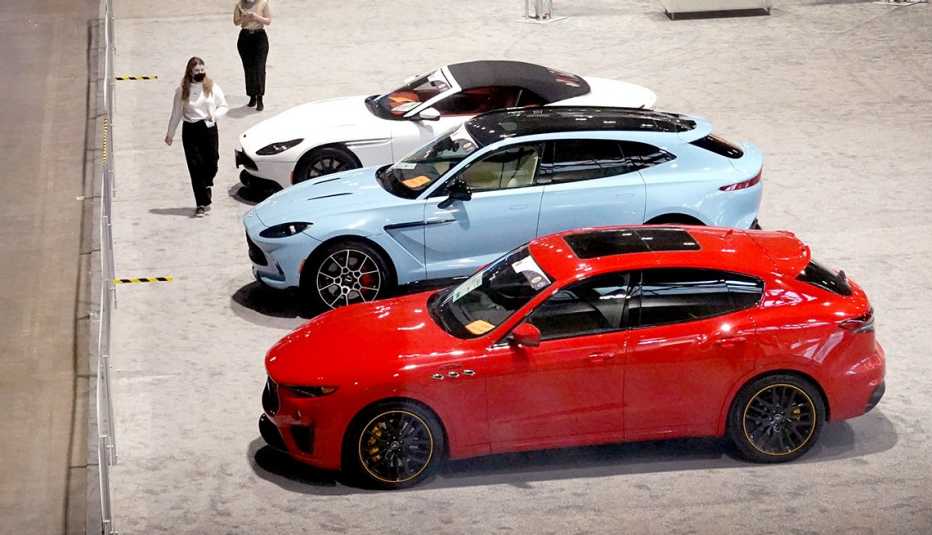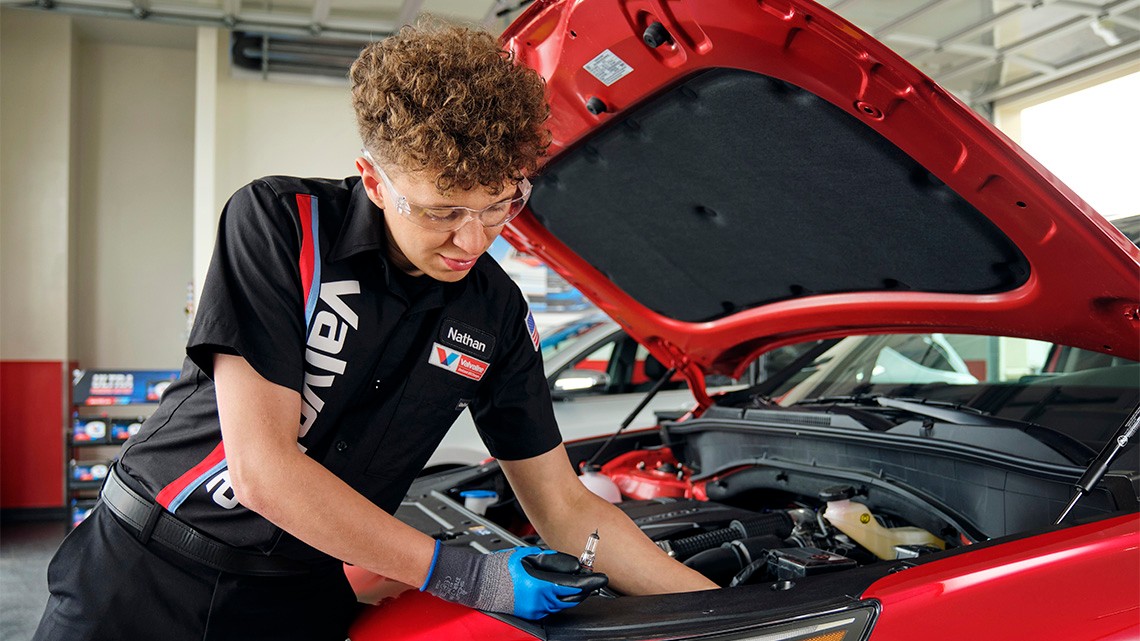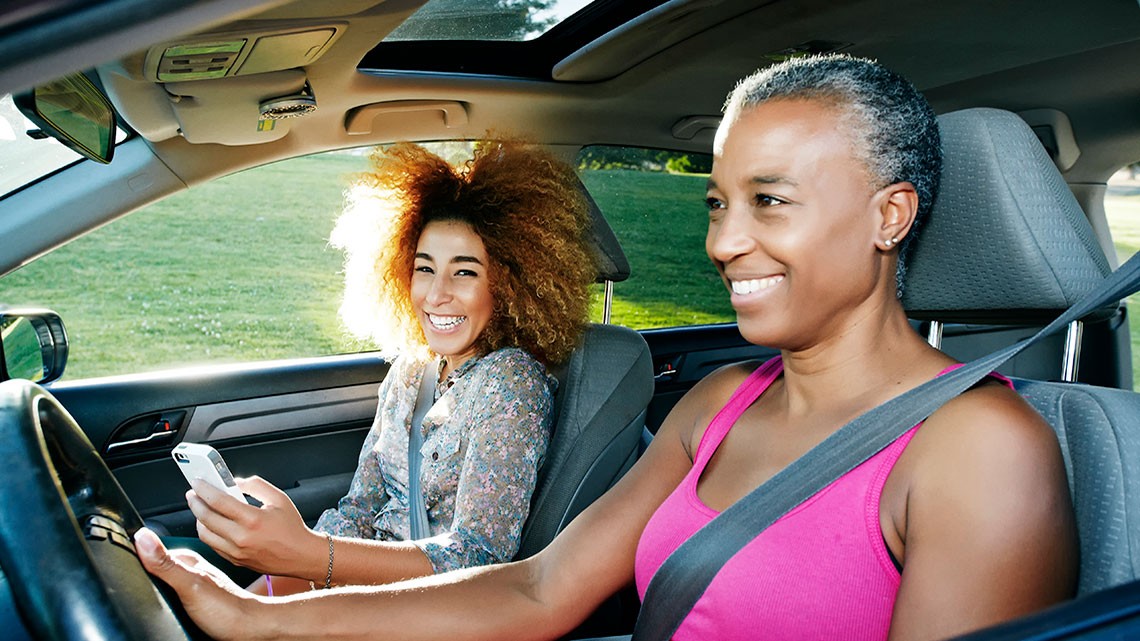Staying Fit
Susan Moeller,
When I complimented a 70ish friend on her new black sedan, she replied, “It’s fine, but it’s not what I imagined for my last car.”
Her comment made me dream of all the vehicles I’ll never own, like that classic green Porsche or a yellow vintage Jeepster.


AARP Membership— $12 for your first year when you sign up for Automatic Renewal
Get instant access to members-only products and hundreds of discounts, a free second membership, and a subscription to AARP the Magazine.
Then, ouch. I realized my “last” car is only a trade-in away, and that my car is now the most tangible measure of my life span. There are other last things, of course. I’m pretty sure I already own my last vacuum cleaner, my last dog and my last pair of skinny jeans. But it’s the car — such a visceral symbol of independence — that so clearly proclaims the finite nature of time.
This comes after almost 60 years of driving, during which I’ve owned at least nine cars and shared several others. My first was a Chevy II convertible whose engine imploded after two months. There was a bright orange Volvo that I got at a discount precisely because it was a bright orange Volvo. There was a rumbling, four-speed Toyota Land Cruiser that broke down on every camping trip, and a succession of Subarus that were always sticky with Cheerios, raisins and dog hair. “You don’t drive a car,” my husband once said. “It’s a luncheonette.”
I’ve easily driven over one million miles, including two trips across the country and one across Canada. I drove a Land Rover with only two working gears through Morocco. I circumnavigated Nova Scotia and survived a week of driving on the left-hand side of the road in New Zealand with a teenage backseat driver. I’ve driven thousands of miles to soccer, dance lessons, sleepovers and dorm rooms with kids giggling, arguing, screaming, pouting, crying and/or barfing. I’ve taught three children to drive, including on a standard shift. That alone should get me to heaven. My passengers have included at least a dozen dogs, also sometimes barfing. Or worse.
I’ve had my driver’s license longer than anything I own, with the possible exception of one sweater that, let’s face facts, I’m never going to wear again. So many of my memories were made in cars, some happy, some bittersweet: playing the alphabet game on family car trips; getting lost on back Maine roads; rushing in labor to the hospital; driving my father to see his dying wife. Unlike the rest of life, the car always came with a soundtrack, like that summer night in Los Angeles involving a boy and a Corvette, and Herb Alpert & the Tijuana Brass.






























































